IOM Yemen: A Mother’s Struggle "Where Water Flows, Life Follows"
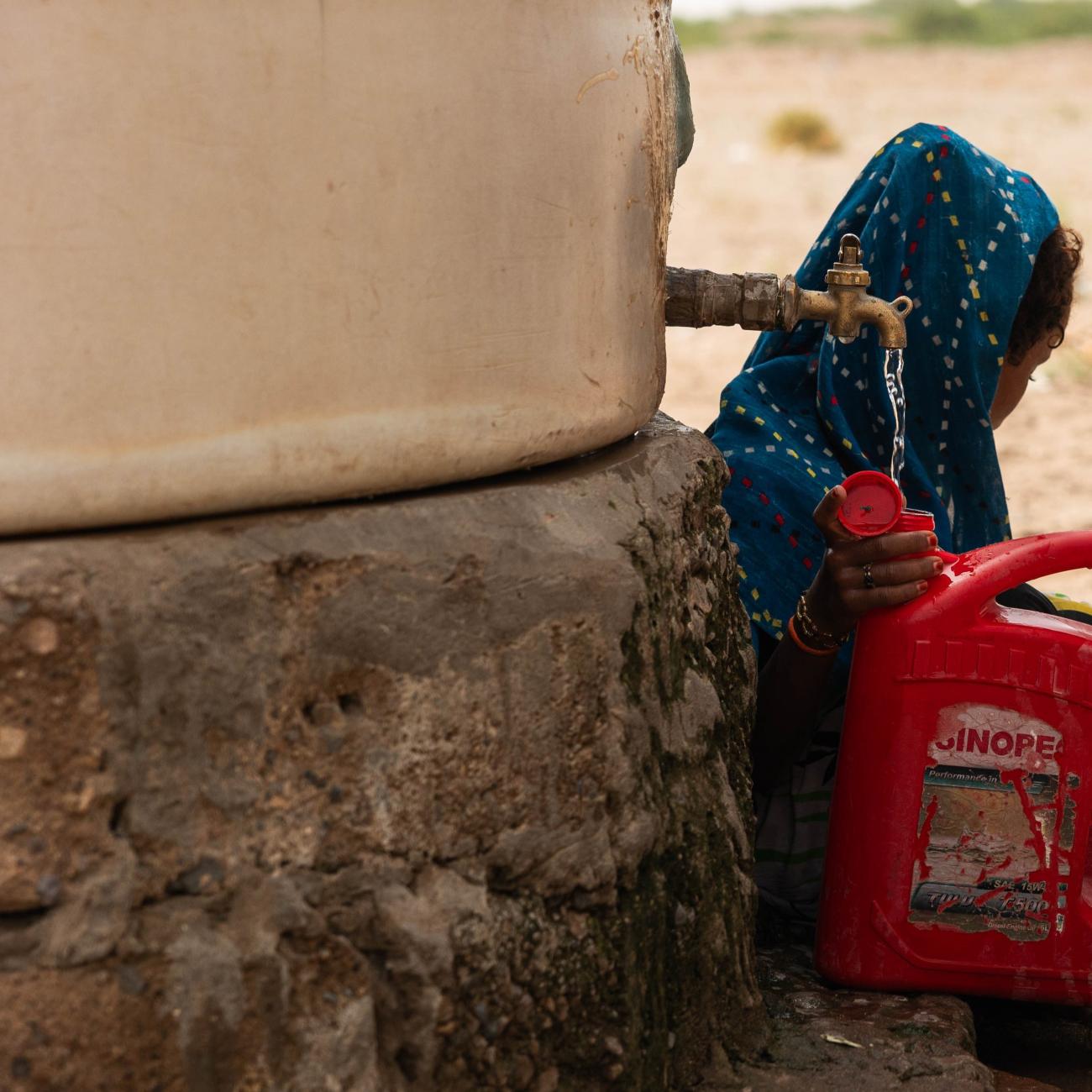
--
West Coast, Yemen – In the plains of Al Hodeidah, Basma grew up in a small village that thrived on farming and water wells. However, over six years ago, as clashes escalated, she and her family were forced to flee to Al Makha, where they faced countless challenges adapting to harsh conditions.
Al Makha, like many coastal areas in Yemen, has suffered from the impacts of climate change on its water resources. The region’s proximity to the coastline has led to naturally high salinity in its wells, compounded by the random drilling for agriculture. Over time, this increased salinity has rendered the water unusable for either drinking or farming. Already struggling with water scarcity, Al Makha’s agricultural lands have withered, ultimately giving way to drought.
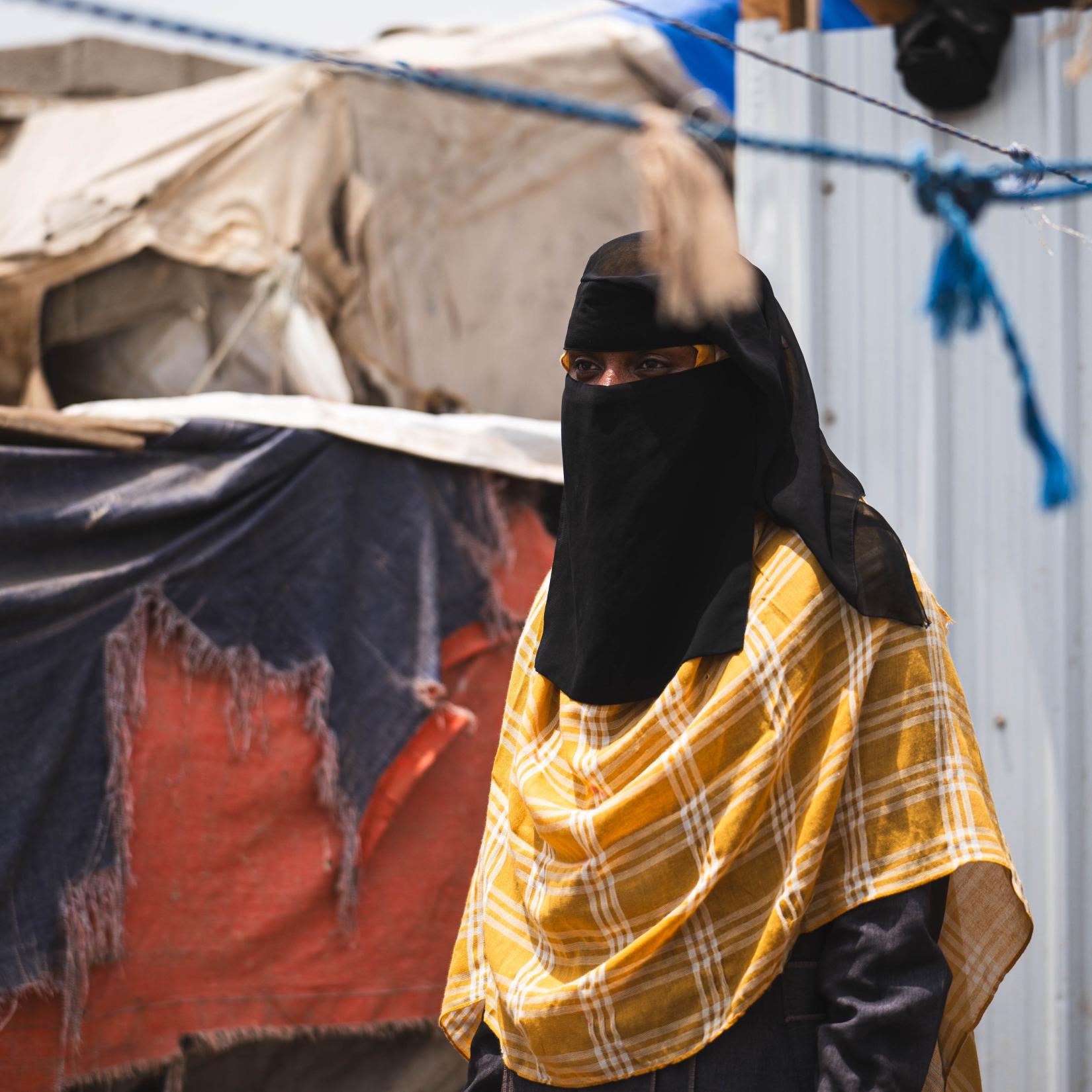
Amid these worsening conditions, Basma and her husband faced profound hardships, struggling daily to provide their nine children with basic necessities. The extreme poverty they endured made it impossible for her husband to secure adequate shelter, food, or safe water for their family. Desperate for any source of income, the family resorted to collecting discarded bottles to sell for a minimal profit.
“When I cook for my children, the water is so salty that the food becomes inedible, and we’re left wasting the little we can afford.” - Basma, Internally Displaced
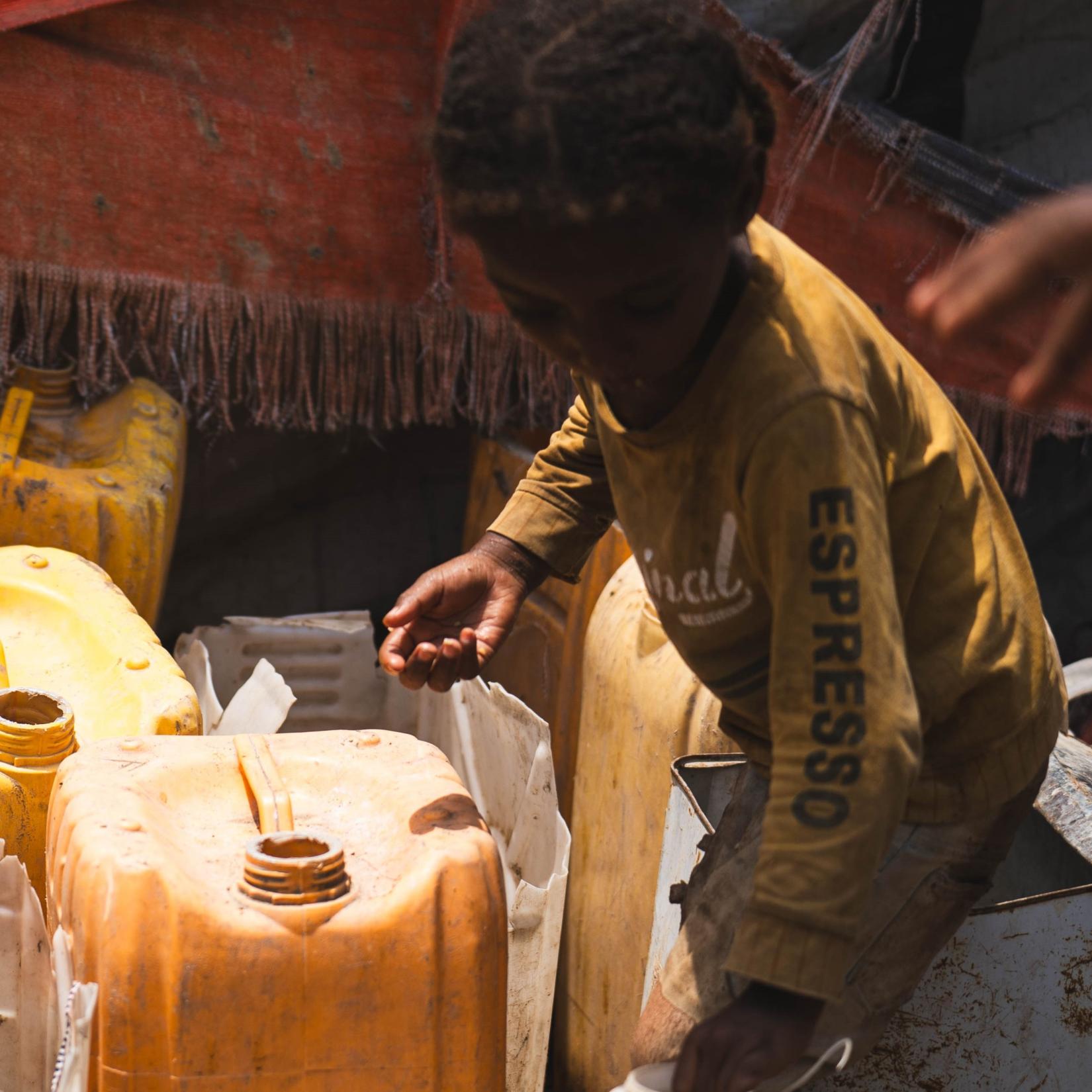
The Cost of Survival
In a country consistently plagued by conflict, water scarcity has become a persistent and severe issue. On her trips to collect water, Basma had to walk kilometers to the nearest source, braving dusty weather and sweltering heat.
Carrying heavy jerrycans back to her small shelter, the water she gathered was often not enough to meet her family’s basic drinking needs. The relentless journey for safe water was a constant challenge, with transportation costs reaching up to 1.8 USD per trip.
In addition to the widespread outbreaks of acute watery diarrhea and cholera, Basma’s family faced even greater challenges. Her children suffered from kidney stones and skin and eye conditions, resulting in itching and ulcers, all caused by the contaminated water. Tragically, Basma lost three of her children due to the effects of unsafe water.
Dr. Samiha Zaid, the Health Manager in Al Makha District, highlighted the alarming spread of diseases, particularly allergies, inflammations, kidney stones, and even kidney failure.
“I was shocked to discover that even babies required surgery for kidney stones,” Dr. Samiha explains.
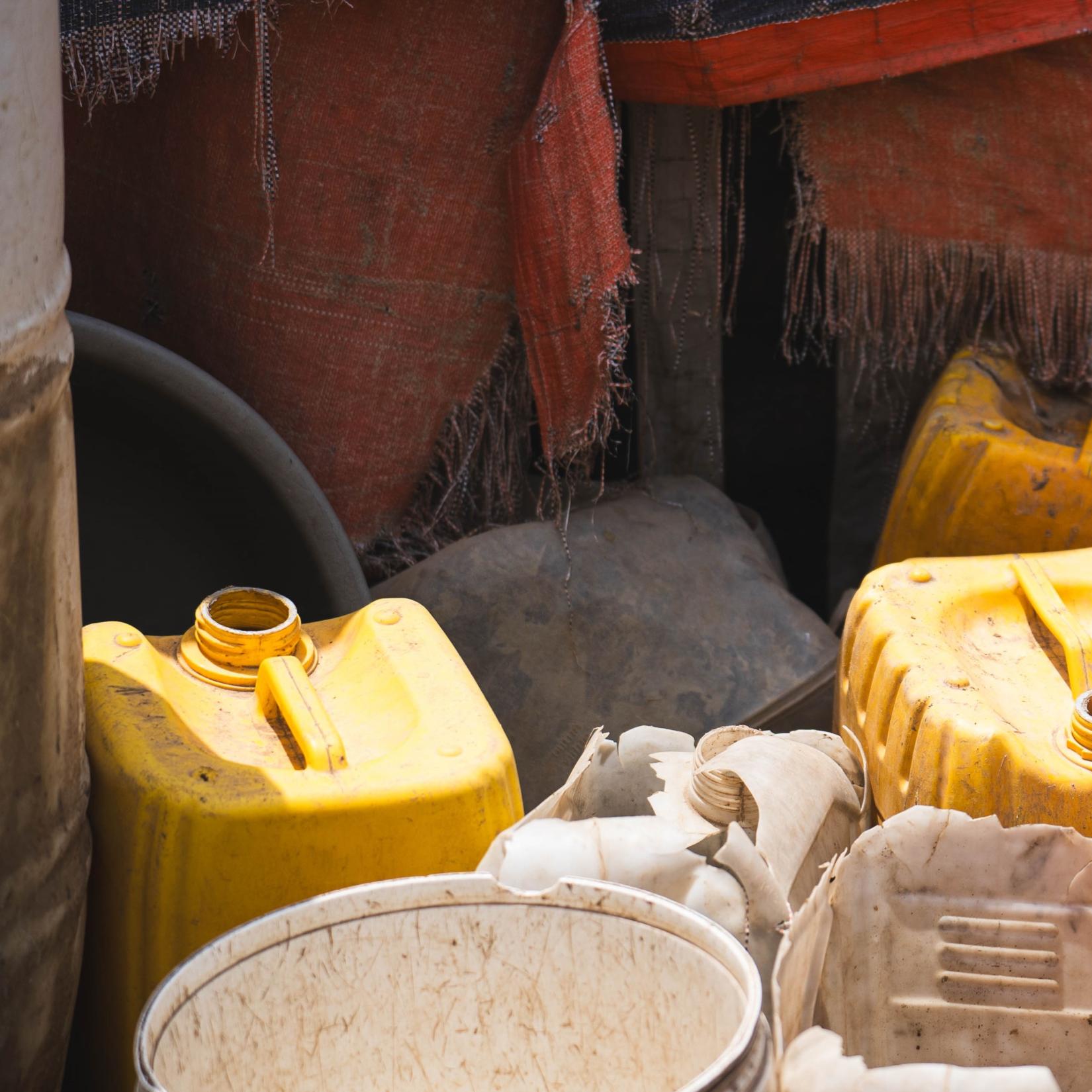
Tackling Water Scarcity
To address these pressing challenges, the International Organization for Migration (IOM) has been working to mitigate the effects of climate change on Yemen’s West Coast. In partnership with local and regional authorities, IOM launched the Al Makha City Water Project, aimed at tackling the severe water scarcity in the region.
The project focuses on the rehabilitation of water infrastructure and the sustainable management of water resources. Key components include the construction of water supply systems, improved boreholes, and the installation of solar-powered pumps to reduce reliance on diesel and ensure a long-term solution to the region’s water crisis. Additionally, community members, particularly women, have been involved in water management training to support the project’s sustainability and empower local ownership.
Even for domestic use, water has been insufficient, causing frequent breakdowns in infrastructure, such as pipelines. Basma struggled to maintain basic hygiene for her family, and washing her children and their clothes became a constant challenge.
“The salty water ruins my clothes when I try to wash them – it just tears them apart.” – Basma, Internally Displaced
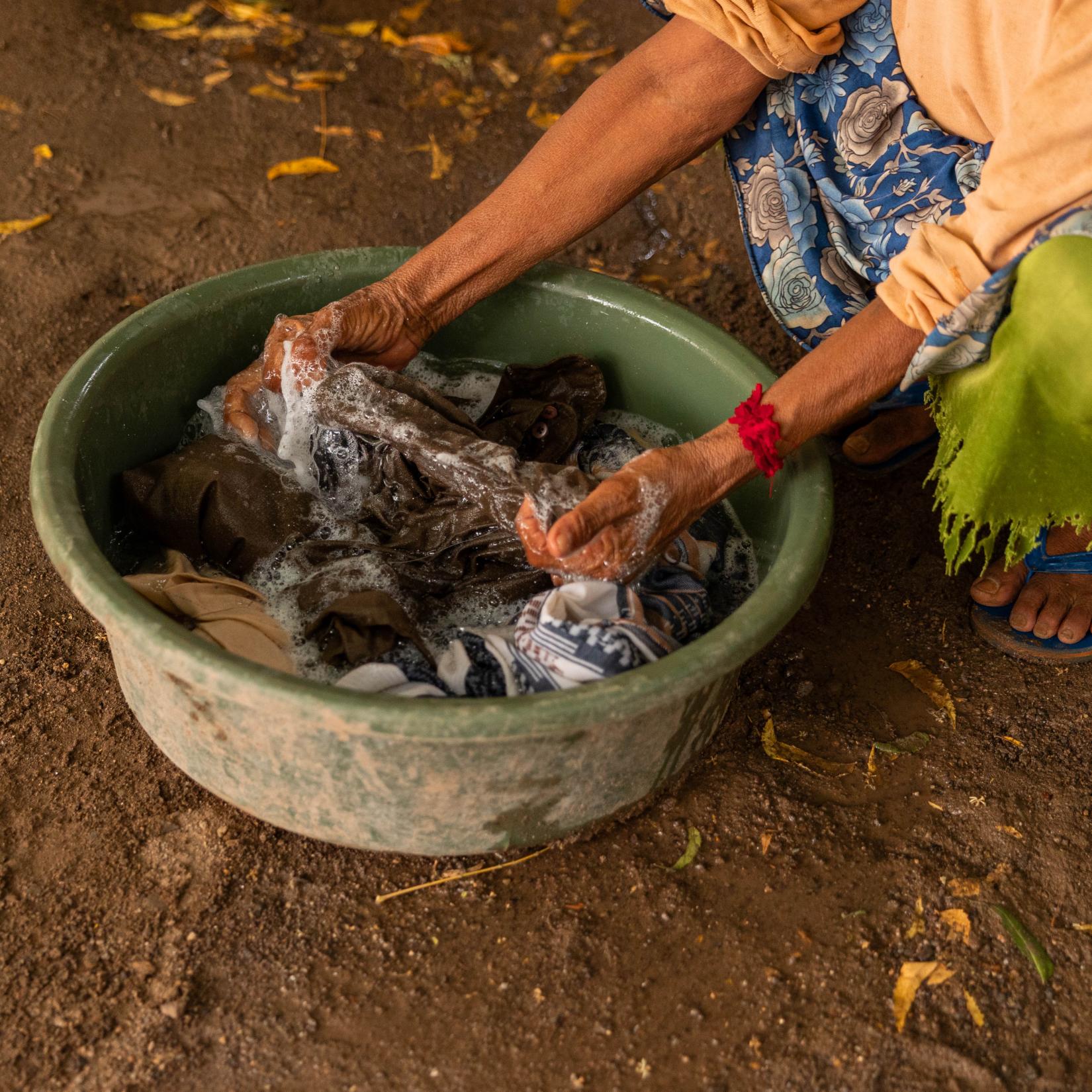
Fresh Water, New Hope
This collaborative initiative is designed to restore access to clean and safe drinking water for thousands of people who have been enduring the consequences of unsafe water for years. The project is part of a broader effort by IOM to strengthen local resilience to climate change. By providing access to fresh water, the project aims to reduce the reliance on contaminated sources that have caused severe health problems in the region.
“I used to feel so much guilt, knowing my children were suffering because of the water we had,” Basma shares. “But now, with this water project, I feel a sense of relief and joy, knowing they finally have the clean water they deserve.”
As part of this broader effort, IOM has also launched a short documentary titled “Liquid Hope: How Access to Water Is Reshaping Yemen’s Communities.” The film provides an intimate portrayal of the struggles faced by community members like Basma due to water scarcity, while showcasing the profound impact of projects like the Al Makha City Water Project.
Through powerful stories and visuals, the documentary highlights the vital role that access to water plays in restoring dignity, fostering peace, and promoting development in war-torn areas.
The full documentary can be accessed here.


